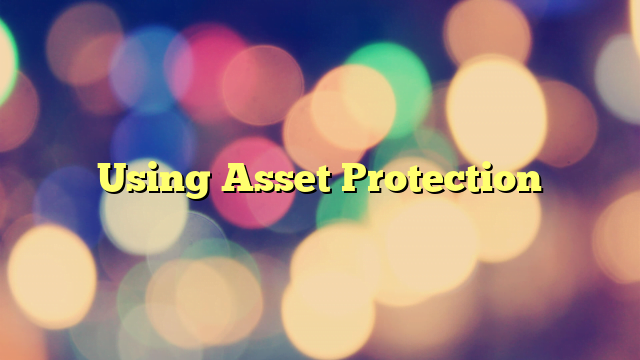A Bloggers Guide To Avoid Legal Issues
A Bloggers Guide To Avoid Legal Issues
Blogging provides a different kind of freedom that a lot of opinionated writers have been seeking out for years. In the world of blogging, contents are not necessarily censored and everyone can practice their rights in documenting what is on their mind. However, a responsible blogger should be able to recognize the difference between freedom of speech and abusive action. When voicing out opinions becomes too much, you might open the possibility of encountering a legal sanction or worse, a lawsuit.
Be clear about your blog’s terms of use. If you are using your blog mainly as a point of retail, you will need policies that will govern and guide your users on how they will have to go through with the process of purchasing as well as the guarantee that they will receive. Be upfront with your policies and make sure that your consumers will agree to it. Your store’s policy and terms of use will not only protect your rights, it will also safeguard your consumers and make them feel confident in purchasing from your site.
Understand the terms and conditions before signing up on a blog or hosting provider. Although laws on blogging are still not fully-developed over the years, you have to be aware that such laws exist. The virtual world is constantly updating its sources and contents, thus you have no reason to stay outdated from all the legal matters that can affect you as a blogger. If your blog tackles more serious issues or if you are concerned that you might be breaking some laws while blogging, you can consult some lawyers who offer services that can help you identify potential issues concerning legality and technicality as well as assist you in correcting these issues. Other than that, the most direct approach when it comes to avoiding legal matters is to develop a sense of responsibility when it comes to blogging.
Be aware that legal issues might come up from time to time. A blog entry is considered a published work online, which means that you can leave a virtual footprint which other people might use as an evidence to file a case or reprimand you for your negligent actions. When developing your blog, you must always keep an eye on your entries to make sure that you avoid these major legal issues:
– Defaming another person, party or event. On certain circumstances, you might feel strongly against a person or a situation that you pull out all your guns in other to prove your stand, and at some point you might have caused the other party their reputation. Unless you have substantial evidence that can back you up in court, in case the other party files a lawsuit, don’t post it on your blog. Opt to be responsible instead of getting caught up in the lure of controversy.
– Breach of confidentiality. Certain information are not meant to be shared to others- be it something that tackles business or personal issues. If you plan to feature a business, a person or an event, you need to secure permission prior to publishing your post. Additionally, if you have provided inaccurate information on your post, ask for an apology as well as an erratum that will help clear the issues concerning the erroneous post.
– Issues on intellectual property. Although intellectual property rights should be observed at all times, this issue has become more prevalent nowadays mainly because all personal works are easier to access through the internet. If you want to feature an article or use an image for your blog, make sure that it is available to be used commercially or you can secure the author’s permission. Don’t forget to acknowledge their work and provide a link on your image or text that will direct your readers from its original source.
– Inaccurate data or fraud. As an online entrepreneur, you will need to represent your products and services through images and texts. It may be tempting to flower up your words, edit your pictures to an extent of exaggerating it or give false hopes in the attempt of luring more consumers into your site. However, you shouldn’t provide false information lest you want to be filed with fraud or violation of consumer rights.
Once these legal issues come up, you can be accused of different types of lawsuits including libel and plagiarism. Aside from that, your blog will lose the credibility and good reputation that you have tried so hard to maintain for the past few years. So always make sure that no violation of existing laws would hit your blog – and make your credibility hit rock bottom as well.


